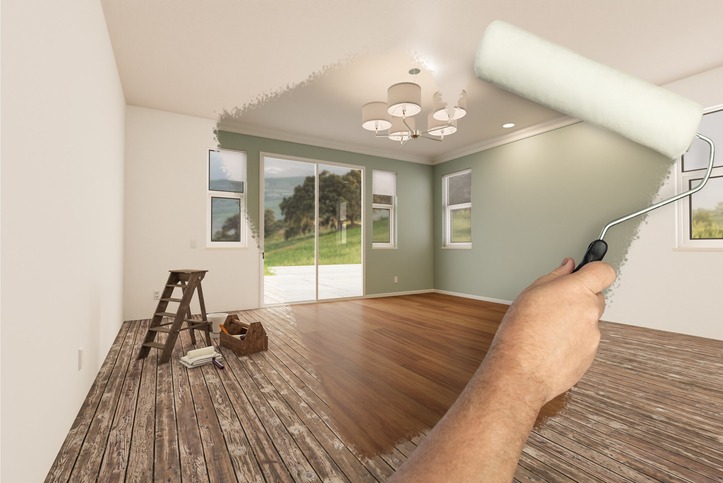Home renovation is the process of making changes and upgrades to an existing house to improve its overall look, functionality, and value. It can involve anything from a simple paint job to a complete overhaul of the entire house. Home renovations are often done for practical reasons, such as fixing an outdated kitchen or adding a new bathroom, or for aesthetic reasons, such as creating an open-plan living area. The duration of a home renovation project can vary greatly depending on the scope of the work, but on average, it takes anywhere from a few weeks to several months to complete. Cost is a crucial factor to consider when having home renovations done, as it can easily spiral out of control if not managed properly. Here are some ways to ensure you stay on budget when performing a home renovation.
1. Have a Detailed Budget Plan
A detailed budget plan is the first and most important step in ensuring that you stay on budget when performing a home renovation. A budget plan should include a comprehensive list of all expenses, including materials, labor, and contingency costs. This plan should be based on accurate estimates and regularly updated as the renovation progresses. Nowadays, you can even create a digital budget plan from sites such as CostCertified that will allow for easy collaboration with contractors, designers, and other professionals involved in your renovation. Having all budget-related information in one place can streamline the process and help you avoid overspending or missing necessary expenses.
2. Get Quotes From Multiple Contractors
This will allow you to compare prices and find the best deal for your project. It can also help you identify any unexpected costs or hidden fees that might not be included in the original quote. When getting quotes, be sure to provide contractors with a detailed description of the work you want done so that they can provide accurate estimates. It’s also important to ensure that contractors are licensed, insured, and have a good reputation for avoiding potential problems down the road.
3. Prioritize the Most Important Renovations
Before starting the renovation process, it is important to determine which changes are the most important and which are less critical. This will help you prioritize your spending and focus on the renovations that will impact your overall satisfaction with your home. For example, if your kitchen is outdated and not functional, you may want to prioritize this renovation over adding a new bathroom or painting the home’s exterior. On the other hand, if your bathroom is in poor condition, you may want to prioritize this renovation over updating the kitchen.
4. Asking for Recommendations
Reaching out to friends, family, or neighbors who have undergone a renovation can help you gain valuable insights into their experience, including the costs involved and any challenges they faced. This information can help you make informed decisions and avoid common pitfalls during renovation. You can also learn about contractors or suppliers who offer excellent service and competitive prices, which can help you stay on budget. Furthermore, asking for recommendations from those who have had a renovation done can also help you get a better sense of what is possible for your home renovation and what kind of results you can expect.
5. Stick to the Plan and Avoid Change Orders
A change order is a request to modify the original plan, and it often leads to increased costs, delays, and frustration. To avoid change orders, it is important to carefully plan and design your renovation, taking into account all aspects of the project, including materials, labor, and budget. Once the plan is in place, it is important to stick to it as closely as possible and avoid making changes along the way. This will help you avoid costly surprises and stay within your budget.
6. Utilizing cost-saving design elements
By incorporating design elements that are both functional and cost effective, you can reduce your costs while still achieving the desired outcome. For example, installing large windows to bring in natural light, or incorporating built-in storage solutions to reduce the need for additional furniture, can help you save money while still improving the overall aesthetic of your home. Additionally, incorporating energy-efficient elements, such as efficient heating and cooling systems, can help you reduce your energy costs over time and offset the upfront costs of the renovation.
Money is a precious and limited resource that should be used wisely. This is especially true when it comes to home renovation projects, which can be costly and time-consuming. It’s important to exercise caution and be vigilant to avoid wasting money on unnecessary expenses or subpar workmanship. By carefully planning, researching, and selecting contractors, homeowners can ensure that their renovation project is executed efficiently and effectively, ultimately leading to a beautiful and functional living space worth every penny. Being mindful of the available resources can turn one’s dream home into a reality while avoiding financial setbacks.

